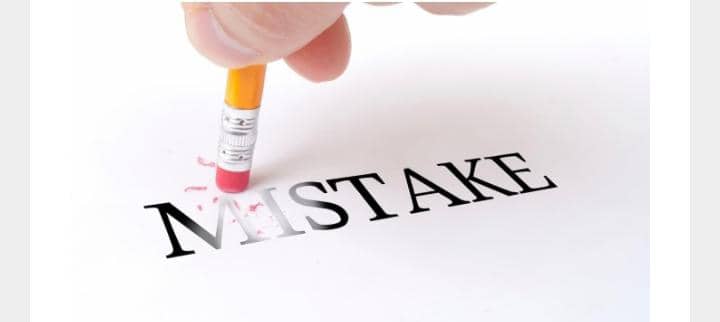
Common Scholarship Application Mistakes and How to Avoid Them
Applying for scholarships can be a competitive and stressful process, but even the most deserving students sometimes miss out due to avoidable mistakes. A well-prepared application can make all the difference in securing financial aid for your education. Below are some of the most common errors students make and how to avoid them.
Missing Deadlines
A missed deadline is one of the quickest ways to get your application disqualified. Many students underestimate how long it takes to gather the necessary documents, write essays, and request recommendation letters. Procrastination or mismanaging deadlines can cost you a valuable opportunity.
To avoid this, start early and create a schedule. Mark important dates on a calendar and set reminders. If possible, submit your application a few days before the deadline to account for any last-minute issues.
Failing to Follow Instructions
Each scholarship has its own set of requirements, and failing to follow them can result in automatic disqualification. Some applications require specific formatting, word counts, or supporting documents. Ignoring these details can make it seem like you didn’t take the process seriously.
Before submitting your application, carefully read all the instructions. Double-check that you’ve provided everything requested, from transcripts to personal statements, in the correct format. If you're unsure about any requirement, reach out to the scholarship provider for clarification.
Submitting Generic Essays
Many students use the same essay for multiple scholarship applications without tailoring it to each opportunity. While this might save time, it often results in an essay that lacks a personal touch. Scholarship committees look for applicants who demonstrate a strong connection to their mission or values.
Instead of submitting a one-size-fits-all essay, customize each application. Highlight why you’re a great fit for that specific scholarship and how it aligns with your academic or career goals. Taking the time to personalize your response can set you apart from other candidates.
Spelling and Grammar Errors
A well-written application shows attention to detail and professionalism. Typos, grammatical mistakes, and poorly structured sentences can create a negative impression, even if you’re a strong candidate.
Proofread your application multiple times, and consider asking a teacher, mentor, or friend to review it. Reading your essay out loud can also help you catch errors you might overlook when reading silently.
Ignoring the Financial Need or Eligibility Criteria
Some students apply for scholarships without checking whether they meet the eligibility requirements. Applying for scholarships that don’t match your academic background, financial need, or field of study wastes time and effort.
Carefully review the eligibility criteria before applying. Focus on scholarships where you meet all the qualifications to increase your chances of success. If a scholarship is need-based, ensure you provide accurate financial information.
Forgetting to Provide Supporting Documents
Many scholarship applications require additional materials, such as recommendation letters, transcripts, or proof of extracurricular activities. Forgetting to attach these documents—or submitting incomplete information—can lead to rejection.
Make a checklist of required materials for each application and confirm that everything is included before submitting. If a document needs to be requested from a third party, such as a letter of recommendation, give them ample time to prepare it.
Lack of Confidence or Underselling Yourself
Some students downplay their achievements because they fear sounding arrogant. Others assume they won’t win and don’t put in their best effort. However, scholarship committees want to see confident applicants who can articulate their strengths and aspirations.
Be proud of your accomplishments, whether academic, extracurricular, or personal. Use your application to highlight what makes you unique, and don’t be afraid to express your ambitions. Confidence—paired with sincerity—can make a significant impact.
Scholarships provide invaluable financial support, but small mistakes can stand in the way of securing them. By starting early, carefully following instructions, personalizing your essays, and ensuring your application is error-free, you can improve your chances of success. Approach the process with confidence and attention to detail, and you’ll be one step closer to achieving your academic goals.









